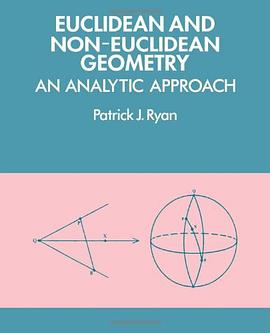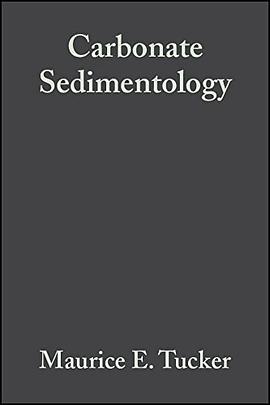

具體描述
In this volume, John Hedley Brooke offers an introduction and critical guide to one of the most fascinating and enduring issues in the development of the modern world: the relationship between scientific thought and religious belief. It is common knowledge that in western societies there have been periods of crisis when new science has threatened established authority. The trial of Galileo in 1633 and the uproar caused by Darwin's Origin of Species (1859) are two of the most famous examples. Taking account of recent scholarship in the history of science, Brooke takes a fresh look at these and similar episodes, showing that science and religion have been mutually relevant in so rich a variety of ways that no simple generalizations are possible. A special feature of the book is that Brooke stands back from general theses affirming 'conflict' or harmony', which have so often served partisan interests. His object is to reveal the subtlety, complexity, and diversity of the interaction as it has taken place in the past and in the twentieth century. Instead of treating science and religion as discreet definable entitles, a historical approach requires sensitivity to shifting boundaries and a willingness to consider the contexts in which particular forms of 'science' could be used for both religious and secular ends. Without assuming specialist knowledge, Brooke provides a wide-ranging study from the Copernican innovation to in vitro fertilization.
著者簡介
圖書目錄
讀後感
評分
評分
評分
評分
用戶評價
相關圖書
本站所有內容均為互聯網搜索引擎提供的公開搜索信息,本站不存儲任何數據與內容,任何內容與數據均與本站無關,如有需要請聯繫相關搜索引擎包括但不限於百度,google,bing,sogou 等
© 2025 book.quotespace.org All Rights Reserved. 小美書屋 版权所有




















